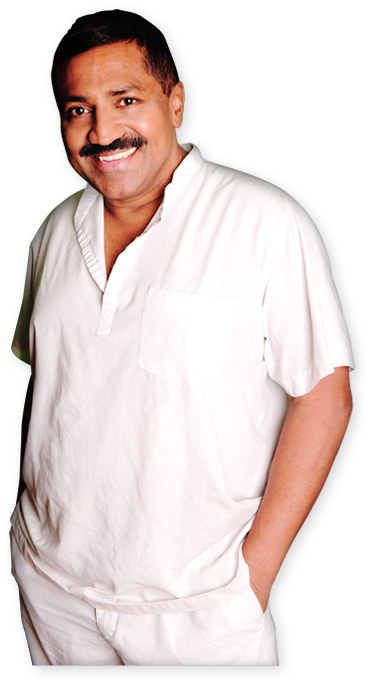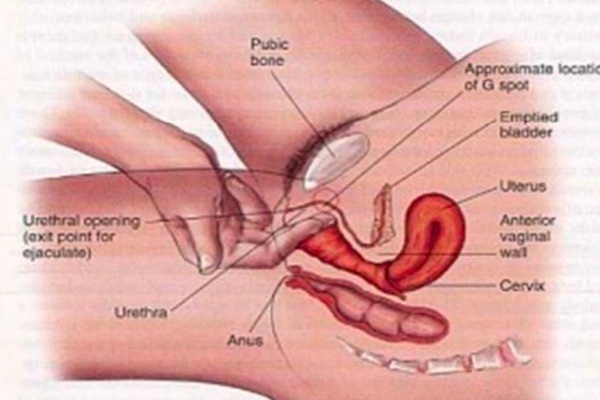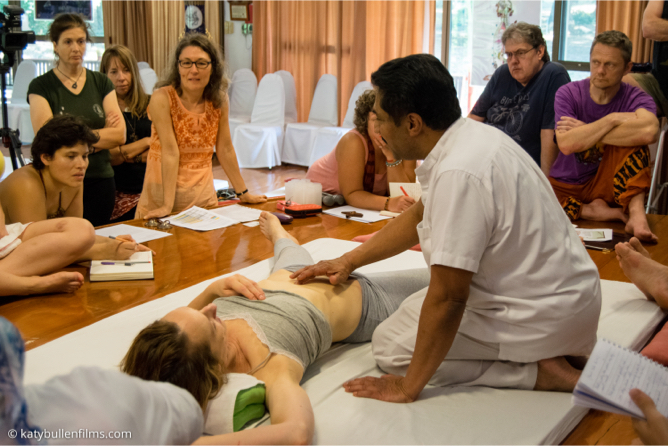Not Achieving Orgasm…..Maybe it’s time for a different approach?

If you were to believe everything that is portrayed in the media then you would be forgiven for thinking that every woman on the planet is enjoying ground shaking orgasms and that you are the only one in existence that finds the big ‘O’ elusive.
The reality is that 45% of women suffer from some form of sexual dysfunction.[1]. With the most frequently reported problems being that of desire and orgasmic dysfunction. A systematic review of prevalence rates have found a mean rate of 64% for desire problems; 35% for orgasmic difficulties; arousal problems, 31%; and for pain, 26% [2].
So, the stats speak for themselves; orgasmic problems are common and then you start browsing in the bookshop, searching the net and realise that actually there are lots of women that are having problems achieving orgasm, that you are not alone and then you start to think, ‘phew…I am normal! I am not the only woman that can’t achieve orgasm’’, but whilst there is some form of comfort to be found in the fact that you are alone it doesn’t really help, because finding out how to achieve orgasm is a painful process. When I say a ‘painful process’, what I am talking about is the fact that every time you decide you need to do something about achieving orgasm it involves a) admitting that there is a problem, (b) trying to find a solution. Now, if you’ve been faking orgasms with every partner you’ve ever had for decades you are totally on your own with the problem. After all, it’s not ideal to turn to your partner one day and go ‘I’ve been faking orgasm all these years’, now is it?
In a self help guide, entitled, ‘The Elusive Orgasm: A Woman’s Guide to Why She Can’t and How She Can Orgasm’, by Vivienne Cass, the author tackles how psychological blocks can prevent a woman reaching orgasm, but the author also says that orgasms are not necessary for good or even great sex. This is probably the most liberating piece of advice that I have ever received. In my experience women fake an orgasm, not to get the act of love making out of the way, but because they are fearful of not appearing normal and also because they want to indicate to their partner that they are having a good time, not the experience is pleasurable. Love making without orgasm can of course be enjoyable, to be honest the orgasm is only a tiny part of it, stressing about this element is only going to make it worse and put the elusive orgasm further out of reach. If you enjoy your sex life, but can’t orgasm then nobody should be making you feel like you have a problem.
If when making love you experience pleasure, connect with your partner, enjoy the sensation, feel love and closeness, feel satisfied, then it is not for anyone else to dictate that you should change that. Who says that women who can’t orgasm, don’t enjoy sex? Why should you be made to feel bad or inferior if orgasms are infrequent or if you’ve never had one?
However, in our current culture relationships seem to be defined by having ‘great’ sex. And it appears that ‘great sex’ is measured by how often you do it and how earth-shattering your orgasms are. If you are bold and brave and come out and say ‘you know what I am in the majority not minority of women who find orgasm difficult to achieve, but I’m ok with it, I still enjoy making love, then you are seen as being somehow broken, prudish, boring, or denying sexual problems and as being unable to experience pleasure.
Traditional advice and much media sex coverage would have you believe that you can’t really enjoy sex without orgasm but this is a delusion, because If that were true then no sexual encounter, experience or touch would ever be pleasurable unless there was a big bang of an orgasm and it is often the build up to intercourse that can build desire and really awaken a woman.
But it is easy amongst the whole media driven orgasm obsessed society that we live in to have a low moment and feel that your partner is going to up and leave you for someone who orgasms frequently, loudly, and easily. Even though you know that your relationship is based on so much more than an orgasm its really easy for you to feel anxious, worried and become riddled with self doubt. Indeed the inability to achieve orgasm can leave a woman feeling deficient and whilst the lack of orgasm may not stop you enjoying the act of sex it can make you feel like a lesser woman.
So what’s the answer? Well we are all different so I don’t believe there is a one size fits all solution to the ultimately personal issue of achieving orgasm. I believe that the first issue has to be moving the matter of orgasm away from the physical and start understanding that an orgasm is to do with the whole of your body and mind.
In Mal Weeraratne’s book ‘Emotional Detox through Bodywork‘ he says that, ‘women get aroused through the relaxation of the mind and body. So to relax her mind, the man must do everything possible to understand and accept the woman for who she is and where she is emotionally. Mal has treated over three thousand women with his emotional release techniques that are a combination of Tantra, Tao, bodywork, massage and other holistic therapy modalities. In his self help guide he gives advice for men to perform a relaxing massage on his partner, ‘once the woman’s mind is relaxed, the man needs to relax the woman’s body by massaging her shoulders. A woman holds a lot of tension within her shoulders so it is important for a man to massage her shoulders before having sex.’ The author suggests a 10-15 minute massage that is done ‘slowly, without expectation’ and maybe this is key: taking time. The key to arousal and achieving orgasm is perhaps in taking time and being open to the idea, but not treating it as a goal.
So when addressing the issue of orgasm perhaps it’s necessary to change how we think and feel about the matter, you could start with the following steps:
- Stop seeing orgasm as a goal or something to ‘achieve’
- Replace the word ‘sex’ with ‘pleasure’ and explore what this could do- basically stop penetration and intercourse being the ultimate goal, instead take time to enjoy pleasure and sexual contact.
- Prioritise connection, closeness and communication
- Start discounting thoughts about being inferior and realise that the orgasms you see in mainstream media or porn are not like most people have, they are not real life and she shouldn’t compare yourself to this.
- Realise that you are perfectly normal…there is only one you and you are unique, so you cannot compare your intimate preferences to anyone else. Relax…you are the best and most perfect version of you there is, self acceptance is key!
- Try using a yoni egg (jade egg) to strengthen the pelvic floor
- Accept if you find it difficult to orgasm, your choice is to enjoy pleasure in other diverse ways rather than putting yourself under pressure to achieve orgasm
- Make sure you are open to experiencing orgasm if/when it happens – try introducing yoni massage to your love life. There’s a great chapter in Mal Weeraratne’s, Emotional Detox Through Bodywork on this technique and also in a guide entitled, Easy to Learn Sexual Massage: A Simple and Straightforward Guide to Yoni and Lingam Massage by Deborah Glass
- Don’t let anxieties over whether you do/don’t have an orgasm overshadow the pleasure you derive from love-making.Work on communicating your desires to your partner, listen to what they want and work together to understand and respect each other’s choices and learn each others preferences
- Give yourself a break and accept that orgasms may be affected by life events like work pressure, a new baby, stress, tiredness, work problems, financial worries and other daily stresses.
- Make a promise to your self – don’t measure yourself by other people’s sexual standards, judgements or hang-ups.
Don’t make orgasm the ultimate goal, instead work on becoming free of negative emotions and hang-ups and start to open your mind and body up to the possibility of enjoying pleasure in the bedroom. Once you realise that not achieving orgasm doesn’t spell no pleasure it will really unlock your orgasmic potential, because now you can have fun exploring what gives you pleasure without pressure.
If you would like further information then take a look at the Tantric Journey website or if you would like to book a session with Mal – click here
- Lewis RW, Fugl-Meyer KS, Corona G, Hayes RD, Laumann EO, Moreira ED, et al.:Definitions/epidemiology/risk factors for sexual dysfunction. J Sex Med 2010,7(4 Pt 2):1598–1607
- Hayes RD, Bennett CM, Fairley CK, Dennerstein L: What can prevalence studies tell us about female sexual difficulty and dysfunction? J Sex Med 2006,3(4):589–595











